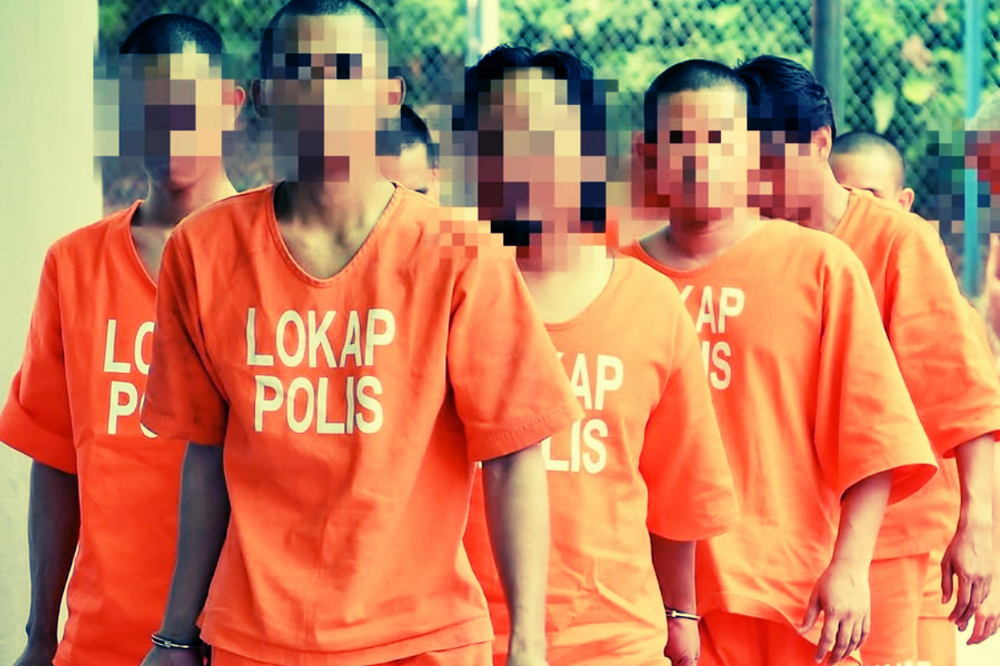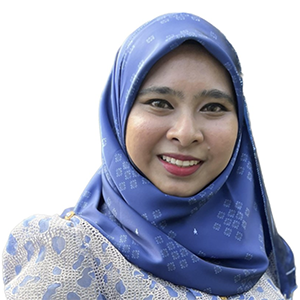This year's reality check - The GISBH saga and our Islamic duty in addressing the crimes
Unfortunately, there are those who are trying to re-frame the investigation and calling for calm in the name of race and religion.

THIS year, the revelations surrounding Global Ikhwan Services Bhd Holdings (GISBH) shocked the nation, exposing a web of controversies that demand closer scrutiny. On top of the investigations by police into allegations of neglect and sexual abuse, religious figures have come out to protest alleged teachings of the group that deviate from the Quran and Sunnah. It seems clear that transparent and immediate action should be taken by the authorities to get to the bottom of it.
Unfortunately, there are those who are trying to re-frame the investigation and calling for calm in the name of race and religion. Ironically, at the same time, there are also those who are threatening the authorities for investigating the organisation at all, showing a lack of restraint.
In today's world, the essence of being a Muslim is sometimes lost amidst economic, social, and political turmoil. Lest we forget, a Muslim’s faith, or aqidah, must hold the highest importance, guiding every aspect of our lives. Malaysians of all stripes had been calling for action against alleged deviant activities by GISBH not to purposely sabotage the economic welfare of any particular racial or religious group, but it is about adhering to what is right and steering clear of what is wrong.
Being a Muslim does not abrogate one from sins or punishment by authorities. Muslims are not infallible. Human nature is fraught with the potential for mistakes, and it is our responsibility to seek forgiveness and strive for betterment.
However, when a crime is committed, it is imperative that the individuals face the consequences, regardless of their wealth, skin color or position in society. There is no room for trivialising transgressions or dismissing them as minor or insignificant. Every deed, as small as an atom, is accounted for by Allah, as emphasised in the Qur’an: "And even if a deed is the weight of a mustard seed, We will bring it forth." (Qur’an 21:47)
This framework of divine accountability underscores the necessity of abandoning harmful acts. Unfortunately, social constructs like racism and tribalism blind us from seeing wrong as wrong. It is especially crucial when such actions affect the most vulnerable among us—innocent children.
The Prophet Muhammad (PBUH) emphasised justice and compassion, urging us to protect those who cannot protect themselves. By rationalising or downplaying injustices based on ethnicity, economic status, or religious affiliations, we betray the very essence of our faith.
Protecting children and the defenseless is a sacred duty for Muslims. Child abandonment is strictly prohibited, violating principles of care and compassion. Additionally, preserving nasab (lineage) is crucial for social structure, as it ensures rights and responsibilities. Upholding family ties strengthens community bonds, safeguarding the wellbeing of every individual, especially the most vulnerable. So how is it Islamic to keep on procreating, having up to 34 children, without a care for most of your own children?
Justice must be meted out uniformly, irrespective of the perpetrator's background. The Prophet (PBUH) said, "The people before you were destroyed because they used to inflict the legal punishments on the poor and forgive the rich. By Him in Whose Hand my soul is! If Fatima (the daughter of the Prophet) did that (i.e. stole), I would cut off her hand." (Sahih Al-Bukhari). This powerful pronouncement underscores the principle that justice must be blind to status and impartial in its execution.
Economic interests should never eclipse moral imperatives.
The financial stability of any group cannot justify overlooking or minimising injustices. An approach that prioritises economic gain over ethical considerations dilutes the core values of Islam. As Muslims, our compass must always point towards justice, integrity, and righteousness. If we fail at these foundational principles, how do we expect to build a strong and sustainable economy and society?
Let us not be pacified by the whispers of complacency, believing that small sins or crimes affecting a limited number of people are inconsequential. Every act, however minute, holds weight in the eyes of Allah. Every action, whether seen or unseen, contributes to the moral fabric of our society.
Muslims must uphold justice and moral rectitude, transcending every form of discrimination and economic consideration. We must resist the allure of tribal loyalties and economic gains that tempt us to overlook injustices by Muslims. It is our sacred duty to champion the principles of Islam, to do what is right, and to shun all forms of wrong-doing.
How can we shout about amal ma'ruf nahi mungkar but then easily dismiss alleged wrongdoings because of the religion of the perpetrator? In what world is that “just”?
Only by adhering to divine directives can we hope to fulfill our obligations to Allah and humanity. And so, the prime minister’s bold remark to continue investigating GISBH even if it might cost him the premiership should be lauded as it is the right action to take.
Syaza Shukri, PhD, is an associate professor and the current Head at the Department of Political Science, IIUM. The views expressed in this article are the author's own and do not necessarily reflect those of Sinar Daily.










